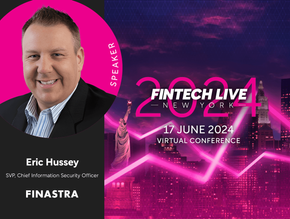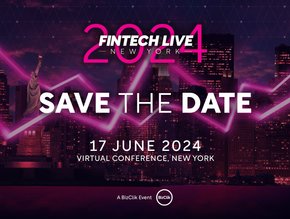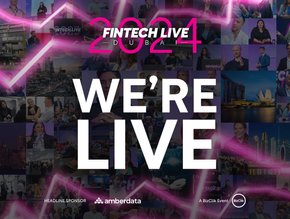Virtual fintech: How can banks become Metaverse ready?

Metaverse is considered the new frontier technology that combines augmented and virtual reality to create an environment that is digitally simulated. Though still in its nascent stage, gaming, media, and the entertainment industries have already made great inroads into the metaverse. Many other industries, especially banks and fintechs, are now trying to exploit the rapidly evolving technology that is both immersive and synchronous.
Opportunities for fintech and banks in the Metaverse
A recent report by JP Morgan estimated the market and business opportunities for companies in the metaverse at over $1 trillion in yearly revenues, while the Zion Market Research study claimed that the metaverse market is expected to grow at 39.5% CAGR to touch $400.5 Billion by 2028. Digital platforms and tech giants are already gearing up for the metaverse, which will have an economy worth $13 trillion and five billion users by 2030, according to Citi GPS. Their digital infrastructure is preparing for everything, from e-commerce, which will enable better online shopping; to brand/retailer partnerships that deliver a powerful marketing strategy.
As transactions move to the metaverse, banks must follow
Even so, banks and fintechs have the potential to lead, as the world has shifted to digital interactions and the adoption of digital fintech solutions due to the pandemic and subsequent lockdowns. The trend is likely to continue in the metaverse, where fintechs will drive most financial transactions.
The idea of a metaverse future may seem like another impossible milestone for those already struggling to keep up with the current generation of rising consumer technology demand. Banks must, however, ensure they are not left behind when the metaverse is where everyone else is going to be.
Banks must see this as an opportunity to become the future platform that powers e-commerce.
Several large banks across the world have already identified this. JP Morgan became the first Wall Street bank to open a virtual lounge in Decentraland, which is a 3D virtual world browser-based metaverse platform. South Korea’s biggest financial institutions, KB Kookmin Bank, is said to be developing the KB metaverse VR Branch Testbed, which will enable its customers to access banking services in the metaverse, as well as being used for education and training purposes as well.
Retail brokerage giant Fidelity Investments launched Fidelity Stack in Decentraland to attract young investors, and Fidelity Metaverse ETF for investors to invest in businesses in the metaverse. Earlier this year, HSBC announced its foray into the metaverse with its partnership with The Sandbox to “create innovative brand experiences for new and existing customers”.
This move by so many big players shows that banks and fintechs will have the opportunity to lead in the metaverse. A new platform model for these industries means they could allow retailers to sell consumer goods in the bank’s metaverse, such as cars, clothes, furniture and even houses. It would also allow consumers to access ‘Buy Now Pay Later’ and insurance/ accounting schemes to help them buy what they need and manage their finances.
The metaverse could enable superior customer experiences
There are several short-term and long-term benefits of getting into the metaverse. Banks and fintechs could use the metaverse, in the short-term, to create immersive experiences for branding and advertising that will help attract new customers, or as virtual centres for training and development, which will help train personnel on building relationships with customers and resolve real-life banking problems.
Mid-term benefits include using virtual branches to engage better with customers, launching virtual trading floors and investment spaces, and attracting Gen Z to make investments. As more players enter the metaverse, banks and fintechs, in the long-term, will be able to onboard potential customers, offer benefits of crypto wallets, as well as integrating all financial businesses into a single metaverse platform.
Differentiation in the Metaverse
So, how will banks differentiate themselves in the metaverse? The winners, who understand that it is paramount to make management of finances and transactions immersive and comparable to real life on the metaverse, will focus on embedded finance and strategic partnerships so that they are selling to both the consumers and businesses. This will, however, call for a monumental effort that requires not just a transformation of their legacy technology, but their entire marketing strategy and business model.
About the author: Manish Patni is the Lead Product Manager, Europe for Finacle. He has a Post Graduate Diploma in Management (Finance and Marketing) and is a Chartered Accountant with an experience of 17 years of experience in the banking domain.







